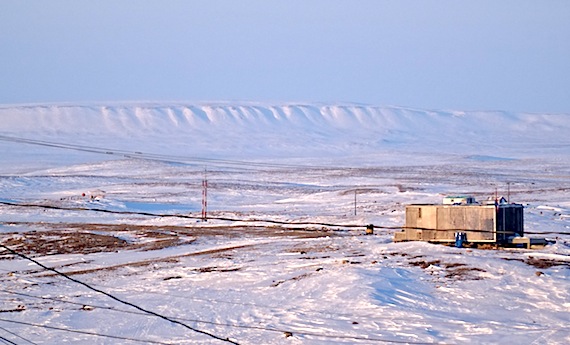Mobile addictions treatment underway in western Nunavut, says minister
The news came a few years late but Health Minister George Hickes came into the Nunavut Legislature June 2 with some “exciting developments regarding addictions treatment in the territory.”
Hickes said that on May 21 a group of seven men started a mobile addictions treatment program delivered by the Cambridge Bay Wellness Centre which will see the men living at a healing center set up on the land for 28 days.
Local elders participated in incorporating Inuit knowledge, societal values and traditions into the program design, Hickes said.
“Among other things the addictions program considers the role of relationships, family and grief in the healing process,” he said in a minister’s statement.

The Nunavut Suicide Prevention Strategy partners received money from Health Canada’s program for Indigenous suicide prevention to deliver the two programs, one for men in the spring and the other for women in the fall of 2017.
The program was developed and piloted five years ago, in 2012, by the Department of Health and the Cambridge Bay Wellness Center.
The pilot was called a “mobile addictions treatment pilot” because those giving the program were to come from outside Cambridge Bay. The pilot was supposed to be repeated but it was postponed and never unfolded.
Cambridge Bay’s former student hostel, once earmarked as a potential boarding home for patients at the Kitikmeot health centre, was also eyed for a residential addictions treatment centre after a one-time residential addictions program for women had been offered there in 2005.
But the hostel changed into a mental health facility.
The last treatment centre to be located in Nunavut was the Inusiqsiuqvik treatment centre in Apex which operated between 1991 and December 1998.
That center fizzled because few clients used it, causing funding problems for the board.
The old Inusiqsiuqvik building now houses the Qimaavik women’s shelter.
The new mobile addictions program in Cambridge Bay is supported by staff from the health department’s mental health and addictions division, the municipality and local organizations, Hickes said.
“This program is just one option that is part of our growing focus on in-territory treatment,” he said. “Efforts will continue to focus on building addiction treatment capacity within Nunavut.”